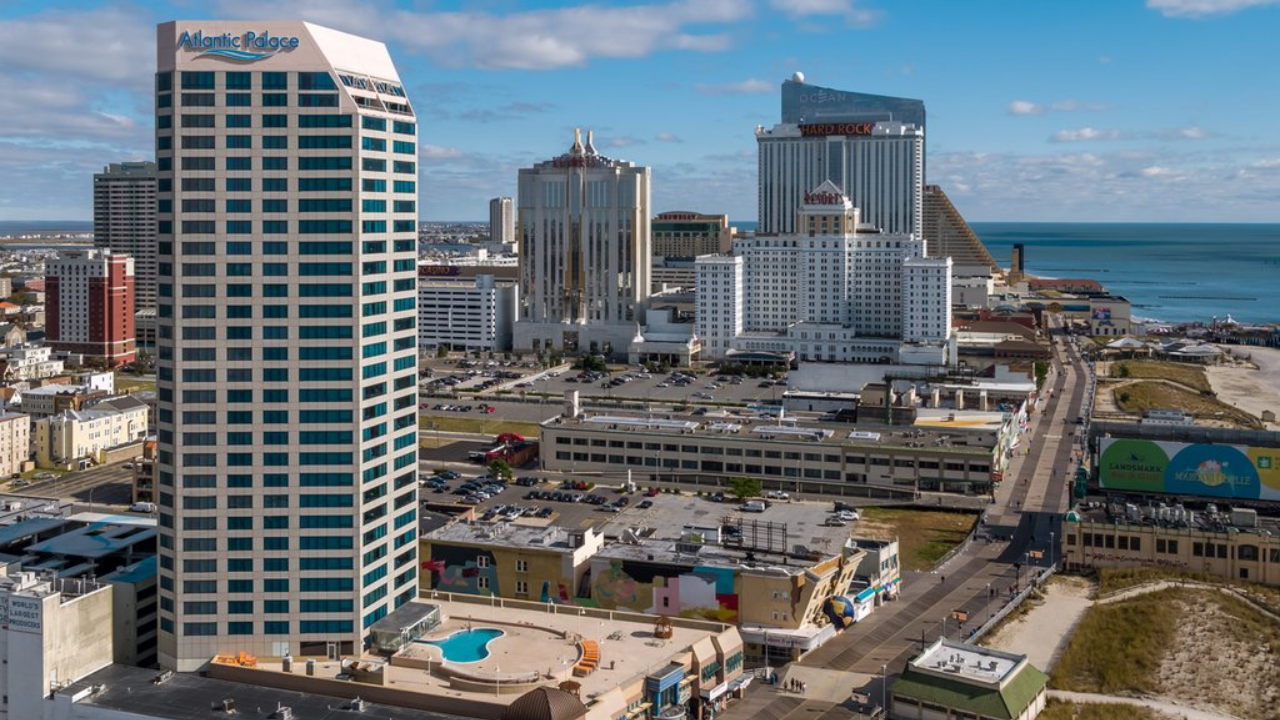Atlantic City, known for its bustling casinos and vibrant tourism, now faces uncertainty after the owner of several major resorts filed for Chapter 11 bankruptcy protection. This legal move signals financial trouble for the company that owns some of the city’s biggest hotels and casinos.
Chapter 11 allows the business to reorganize and try to pay off debts while still operating. However, this also raises concerns about the future of these resorts and the impact on the local economy.
The owner’s financial struggles come amid changing market conditions and rising costs, which have put pressure on many businesses in Atlantic City.
The tourism industry, already affected by shifts in gambling laws and competition from other states, now has to deal with the added worry of potential closures or sales of these resorts. For residents and workers in the city, this news brings uncertainty about jobs and income.
Filing for Chapter 11 is a way for companies to protect themselves from creditors while they work on a plan to become financially stable again. In this case, the owner hopes to restructure debts and find ways to improve the business’s performance.
But the process can be complicated and may take months or even years. During this time, investors and employees watch closely to see if the resorts will remain open or face downsizing.
Atlantic City depends heavily on its casino and hotel industry for economic growth and employment. Many people in the area work in these resorts, from hotel staff to casino workers and local suppliers.
If the owner cannot successfully reorganize, there is a risk that some resorts could close, causing a ripple effect across the city. This could lead to fewer visitors and less money flowing into local businesses.
Officials and community leaders have expressed concern about the filing. They emphasize the importance of supporting the tourism industry and finding ways to keep the resorts running.
Atlantic City has a long history of bouncing back from challenges, and many hope this time will be no different. Still, the bankruptcy filing highlights how fragile the business environment has become.
The owner’s decision to file Chapter 11 reflects broader challenges in the hospitality and gaming sectors. Competition from newer gambling destinations, increased operational costs, and changing customer preferences all contribute to the strain. To survive, these businesses must adapt quickly and find new ways to attract guests.
For now, customers and employees can expect the resorts to continue operating, but with some uncertainty about what changes might come.
The bankruptcy court will oversee the restructuring process and decide if the owner’s plan to recover is realistic. Meanwhile, Atlantic City waits anxiously to see how this situation unfolds.
The coming months will be crucial in determining the future of these resorts and the city’s economy. With careful planning and support, there is hope that the resorts can stabilize and continue to be a major attraction. However, the risks remain real, and the impact of this filing will be felt by many.
Disclaimer- Our team has thoroughly fact-checked this article to ensure its accuracy and maintain its credibility. We are committed to providing honest and reliable content for our readers.






